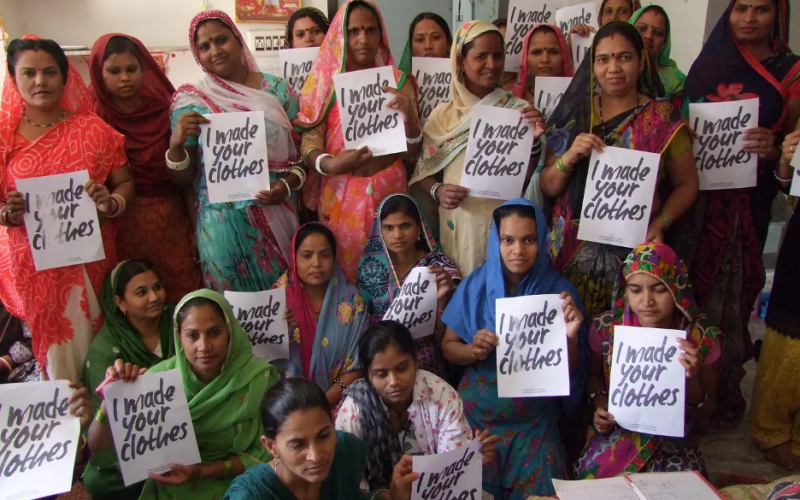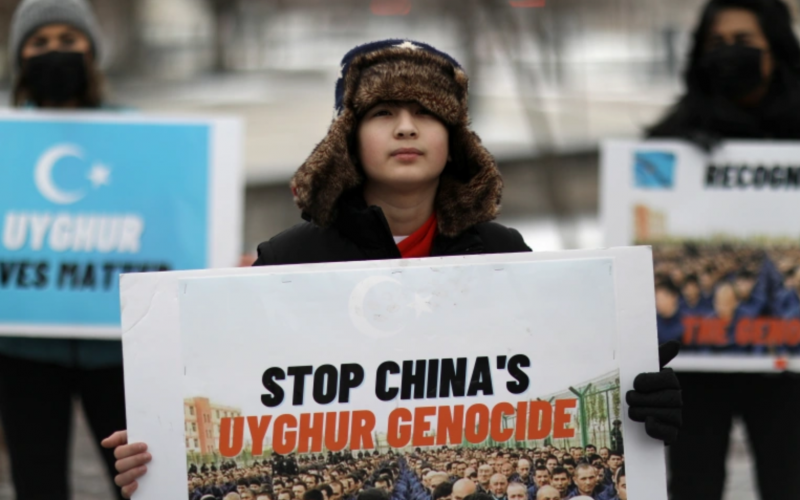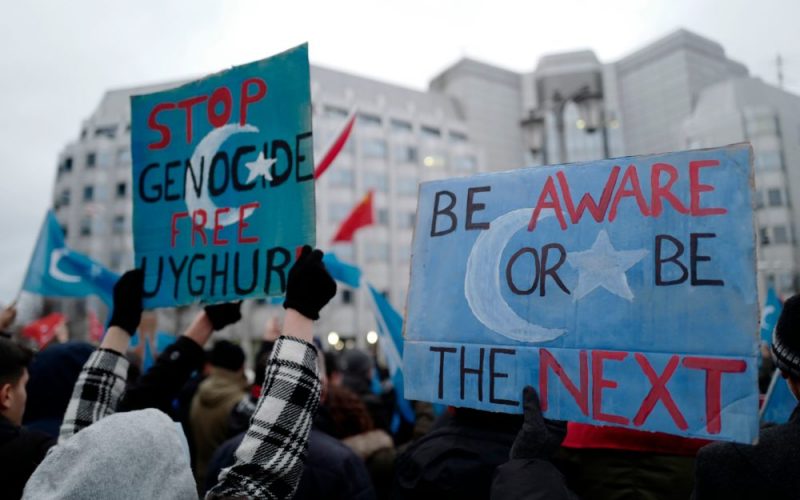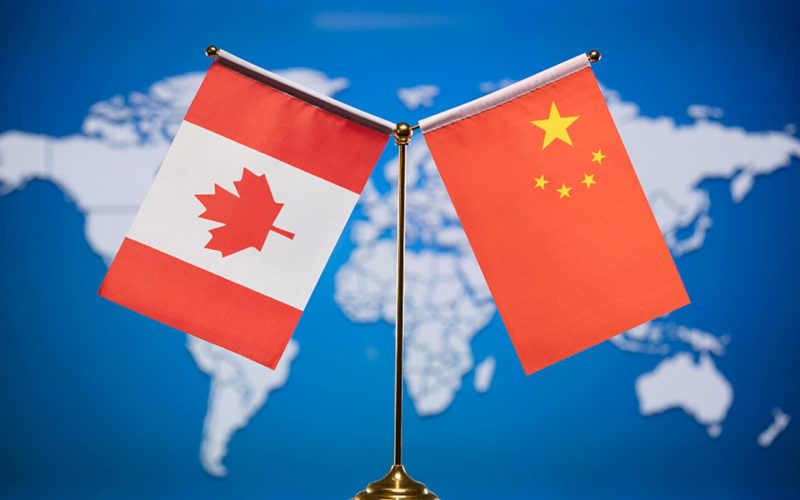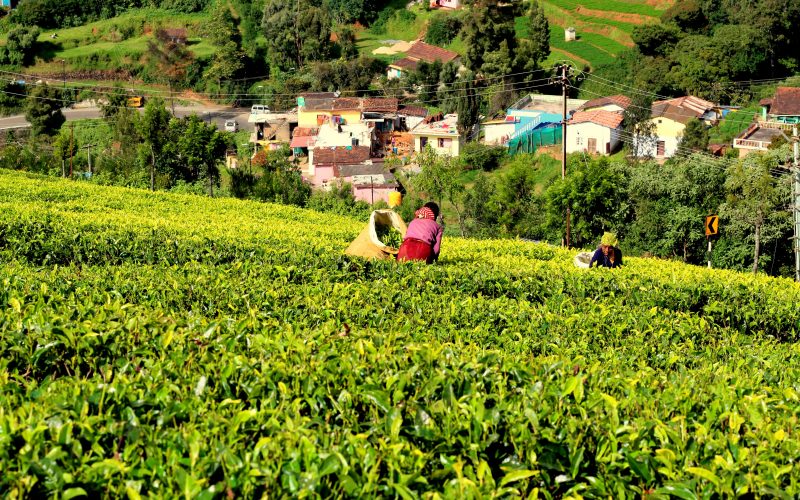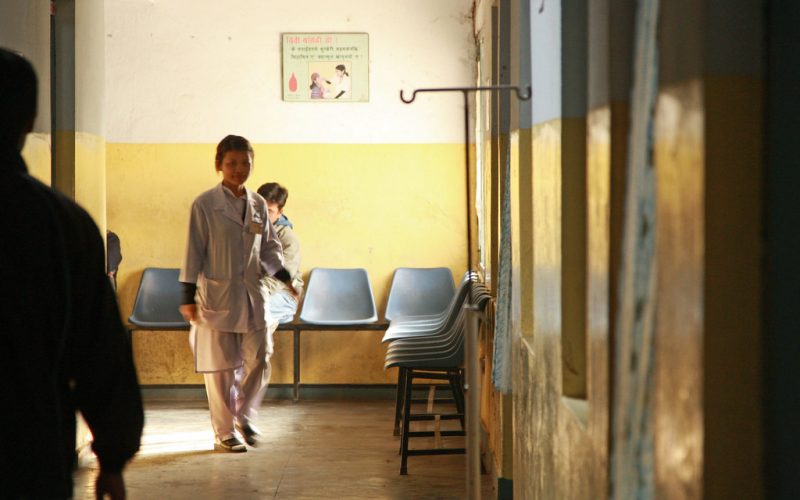Fast fashion is a source of global crisis. As the second most wasteful industry in the world, it loses only to oil. As of 2020, fast fashion was responsible for […]

Prior to the nineteenth century, textile and clothing production relied primarily on made-by-hand methods. The Industrial Revolution of the early nineteenth century marked the transition to a new, more efficient manufacturing process in the Western world. Mechanized methods of manufacturing became widespread, resulting in cheaper and faster clothing production. As consumer prices fell, new apparel retailers emerged to cater to a growing demand for affordable garments, and to create employment opportunities. While the Industrial Revolution provided an incentive to increase profits, these motivations were also responsible for creating deplorable working conditions that exploited the absence of labor protection laws.

“The enjoyment of the highest attainable standard of health is one of the fundamental rights of every human being without distinction of race, religion, political belief, economic or social condition,” according to the World Health Organization. Health as a human right, however, has been widely overlooked as it becomes increasingly threatened by the effects of climate change. The health effects are not only diverse but also overwhelmingly negative and wide-ranging. These effects being both direct and indirect will therefore impact all individuals as well as economies worldwide. Populations are pressured to change their diets, rapid changes to ice, snow, and land result in more life-threatening accidents, and natural sources of drinking water are disappearing and diminishing in quality. It is estimated that between 2030 and 2050, there will be 250,000 additional annual deaths resulting from heat exposure, malaria, diarrhoea, and childhood malnutrition. The protection of the environment has thus become a crucial part of the contemporary human rights doctrine. According to the Office of the High Commissions for Human Rights, “Human rights law requires each State to do more than merely refrain from interfering with human rights itself; it also requires the State to undertake due diligence to protect against such harm from other sources.” The State has a duty to its people to safeguard their well being even if it means regulating environmentally harmful corporations and industries. Therefore, it is the evident inaction by global institutions, such as governments, relating to the exacerbation of climate change that violates the fundamental human right to health.

I am writing from a government-mandated, fourteen-day self-quarantine, now a standard procedure for those who have travelled outside of the country in the past two weeks. Like many, I was surprised at the rapid progression of events surrounding COVID-19. When I left Canada, there were 21 cases of coronavirus in the United Kingdom—none in Scotland, the country that I was visiting. Upon my return home, just ten days after my arrival abroad, the number of cases had risen astronomically. Hundreds of Britons were infected with the virus and community transmission had been detected. It was becoming increasingly clear that the coronavirus would not be limited to China. In the startlingly fast escalation of the crisis, the World Health Organization declared COVID-19 a global pandemic.

